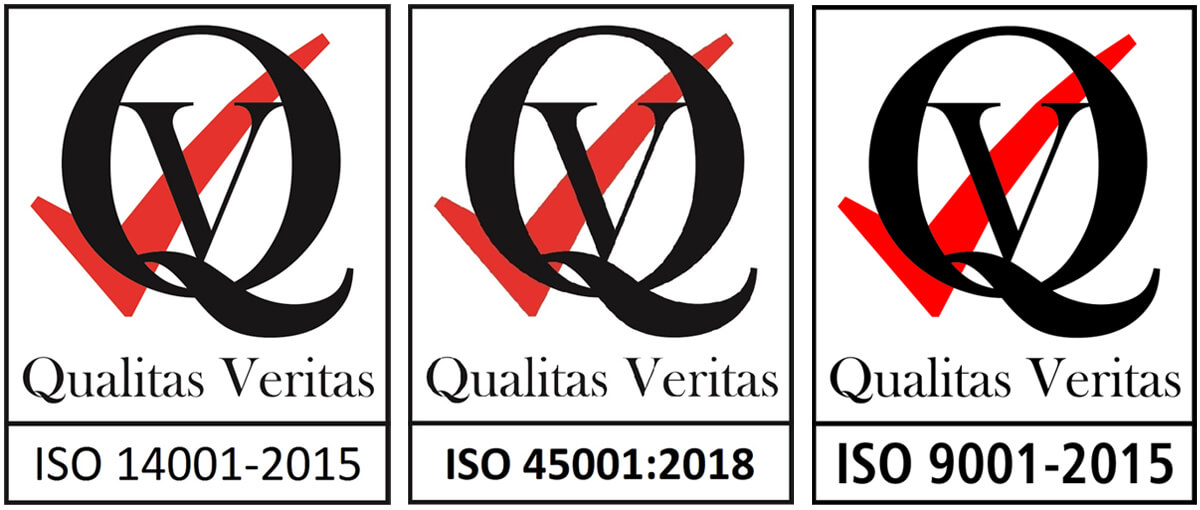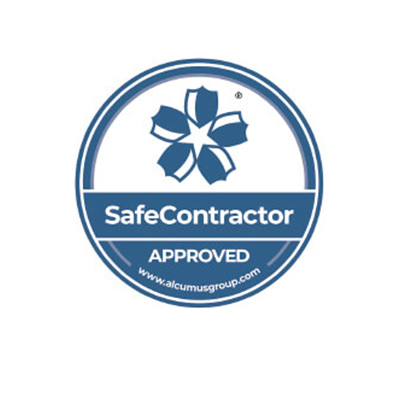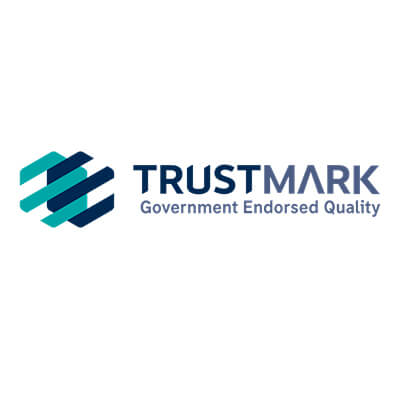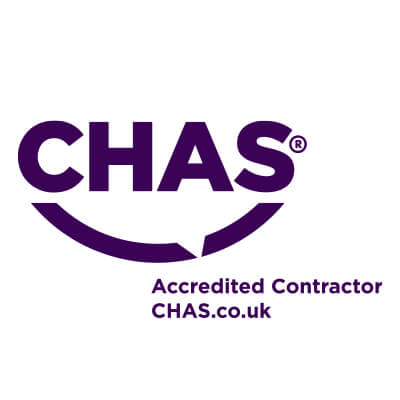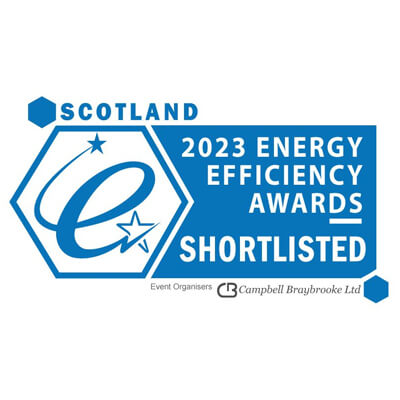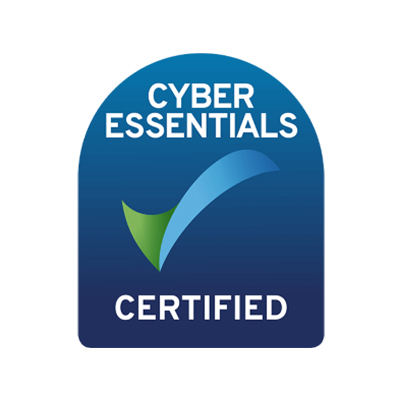The difference between Commercial and Industry Solar Installations
Harnessing the power of the sun, whether for an industrial or a commercial premises
Harnessing solar energy has become increasingly popular as a sustainable and cost-effective means of generating electricity for businesses up and down the UK. While a lot of conversations about solar panel installations revolves around domestic solar, solar panel installations for businesses are broadly categorised into two primary types: commercial and industrial. While both serve the overarching goal of harnessing solar power, there are distinct differences between these two installation types, driven by factors such as scale, purpose, and logistical considerations. As one of the leading solar panel installers for commercial and industrial premises in the UK, we wanted to explore these disparities to help you better understand the nuances of commercial and industrial solar panel installations.
Scale of Installation
Commercial Solar Panels
Commercial solar panel installations are generally smaller in scale compared to their industrial counterparts. These installations typically serve businesses, public institutions, or smaller facilities like schools, hospitals, and retail stores. The size of these systems can range from a few kilowatts to several hundred kilowatts. They are often designed to meet the electricity needs of the specific building or facility.
Industrial Solar Panels
Industrial solar panel installations are much larger in scale and are typically designed to meet the energy demands of large manufacturing plants, factories, or utility companies. These systems can range from hundreds of kilowatts to several megawatts, making them substantially larger and capable of producing a significantly higher amount of electricity.
Purpose and Energy Generation
Commercial Solar Panels
Commercial solar installations are primarily intended to offset a portion of a building’s electricity consumption and reduce energy costs. The primary goal is to achieve energy savings and reduce a company’s carbon footprint. In many cases, commercial solar systems are grid-tied, which means they are connected to the local electricity grid, allowing excess electricity to be sold back to the grid.
Industrial Solar Panels
Industrial solar panel installations often serve a dual purpose. They not only offset a significant portion of the facility’s energy consumption but also contribute to meeting the energy needs of the larger grid or local utility. In some cases, industrial installations are designed to supply power to entire on site communities or industrial complexes. Due to their scale, industrial solar systems can have a more substantial impact on reducing greenhouse gas emissions.
Design and Technology
Commercial Solar Panels
Commercial solar installations typically use standard photovoltaic (PV) panels, which are designed for rooftop or ground-mounted applications. These systems often integrate with the building’s existing infrastructure and may use innovative technologies, like tracking systems to optimise energy capture. They are designed to be aesthetically pleasing and fit seamlessly into the commercial environment.
Industrial Solar Panels
Industrial solar installations often use more advanced technologies and specialised solar panels. Concentrated solar power (CSP) and solar farms with tracking systems are common choices for industrial applications. These technologies are capable of harnessing solar energy more efficiently and are better suited to large-scale electricity production.
Cost and Return on Investment
Commercial Solar Panels
Commercial solar installations tend to have a shorter payback period and return on investment (ROI) compared to industrial installations due to their smaller scale. The energy savings generated by commercial systems can help businesses recoup their investment within a few years, making them a compelling financial choice.
Industrial Solar Panels
Industrial solar installations typically involve higher upfront costs due to their scale and technology requirements. However, their long-term ROI can be substantial, particularly when they generate surplus electricity for sale to the grid. Over time, these installations can become a significant revenue source for industrial facilities.
Regulatory Considerations
Commercial Solar Panels
Commercial solar installations are subject to local building codes, zoning regulations, and interconnection requirements. These installations often require fewer regulatory approvals compared to industrial systems. Financing options and incentives for commercial solar projects such as Solar Power Purchase Agreements are also widely available.
Industrial Solar Panels
Industrial solar installations are subject to more complex regulatory processes, including environmental impact assessments, utility interconnection agreements, and compliance with industrial safety standards. The permitting process for industrial projects may be longer and more involved, requiring careful coordination and compliance with numerous regulations.
In conclusion, while both commercial and industrial solar panel installations share the common goal of harnessing solar energy, they differ significantly in scale, purpose, design, cost, and regulatory considerations. The choice between these two types of installations depends on the specific needs and goals of the business or facility, as well as its available resources and infrastructure. Regardless of the choice, solar energy remains a sustainable and economically viable solution to reduce electricity costs and environmental impact.
And with Low Energy Services, we can assist you every step of the way.
We offer an extensive portfolio of green energy services. As well as solar panel installers and battery storage system fitters, we can provide a range of green energy solutions covering everything from energy monitoring, control strategy analysis, building heat leakage analysis, design, supply, installation and maintenance of renewable technologies to general advice on how to make your building as efficient as it can be.
Based in Glasgow and providing energy solutions across Scotland and England, we design and install solar energy capturing and storing systems for businesses who are looking to reap the financial benefits of solar and battery storage solutions to reduce their energy bills while reducing their carbon footprint.
What we do
We are experts in the design and installation of solar panels, battery storage and electric car charging systems and have a proven track record for delivering green energy results for businesses looking for bespoke low carbon electricity generating systems. To find out more about how Low Energy Services can benefit you as you move to greener, cheaper technology, please get in touch.
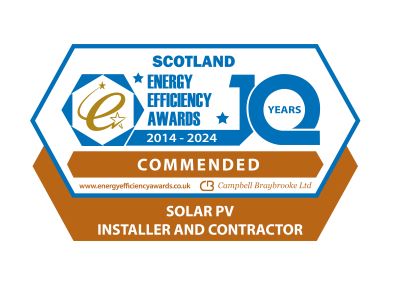


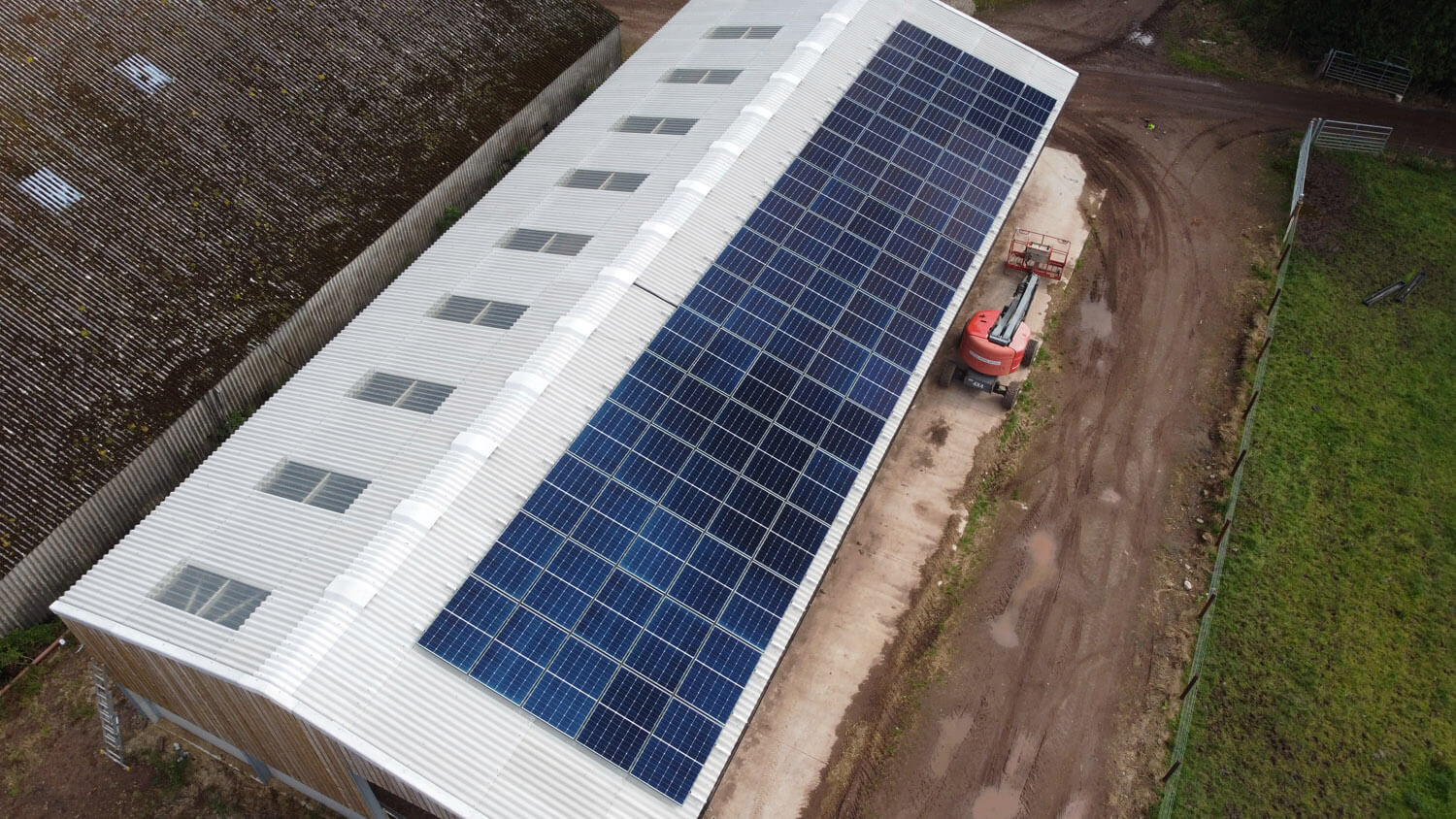
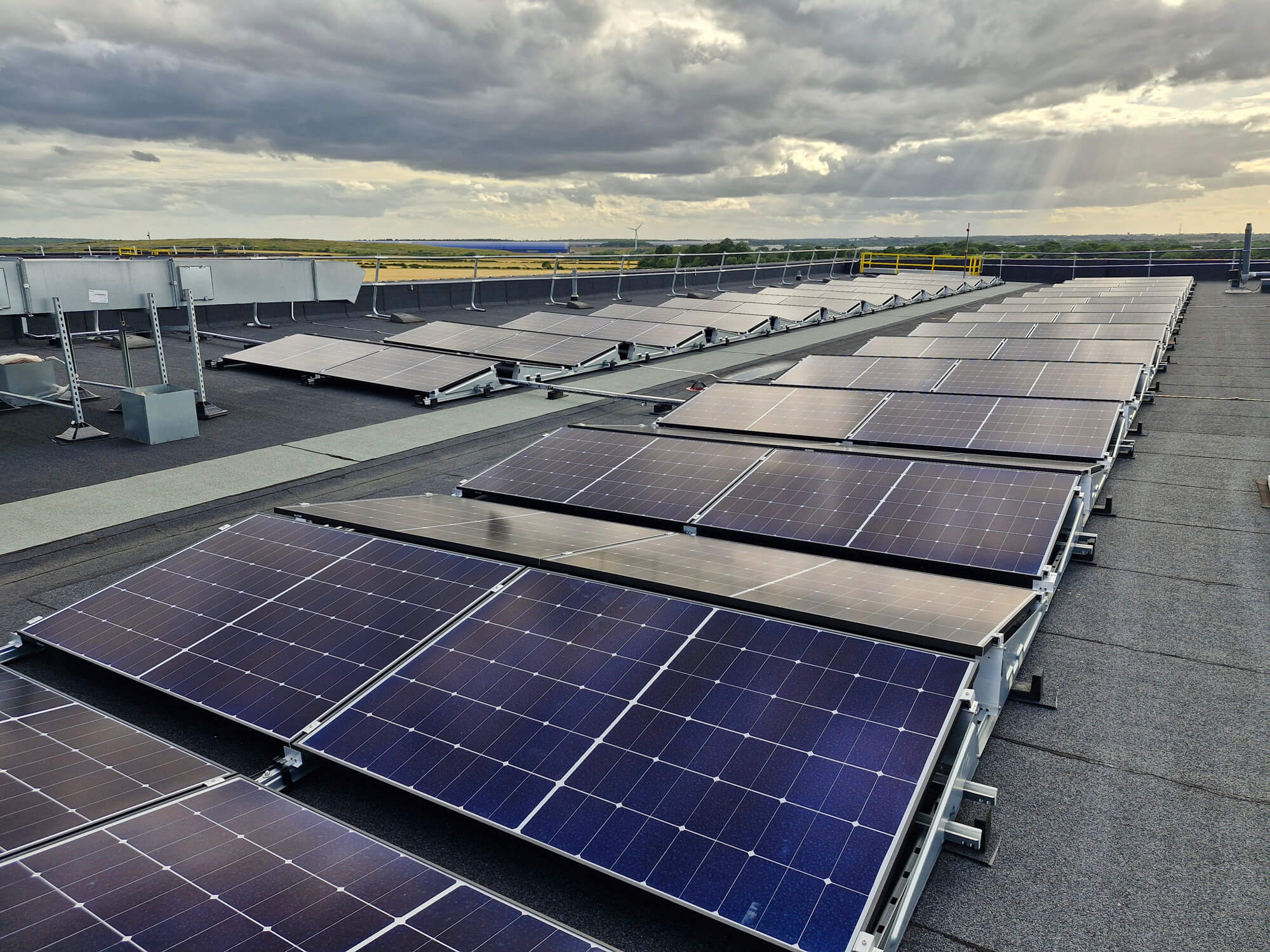
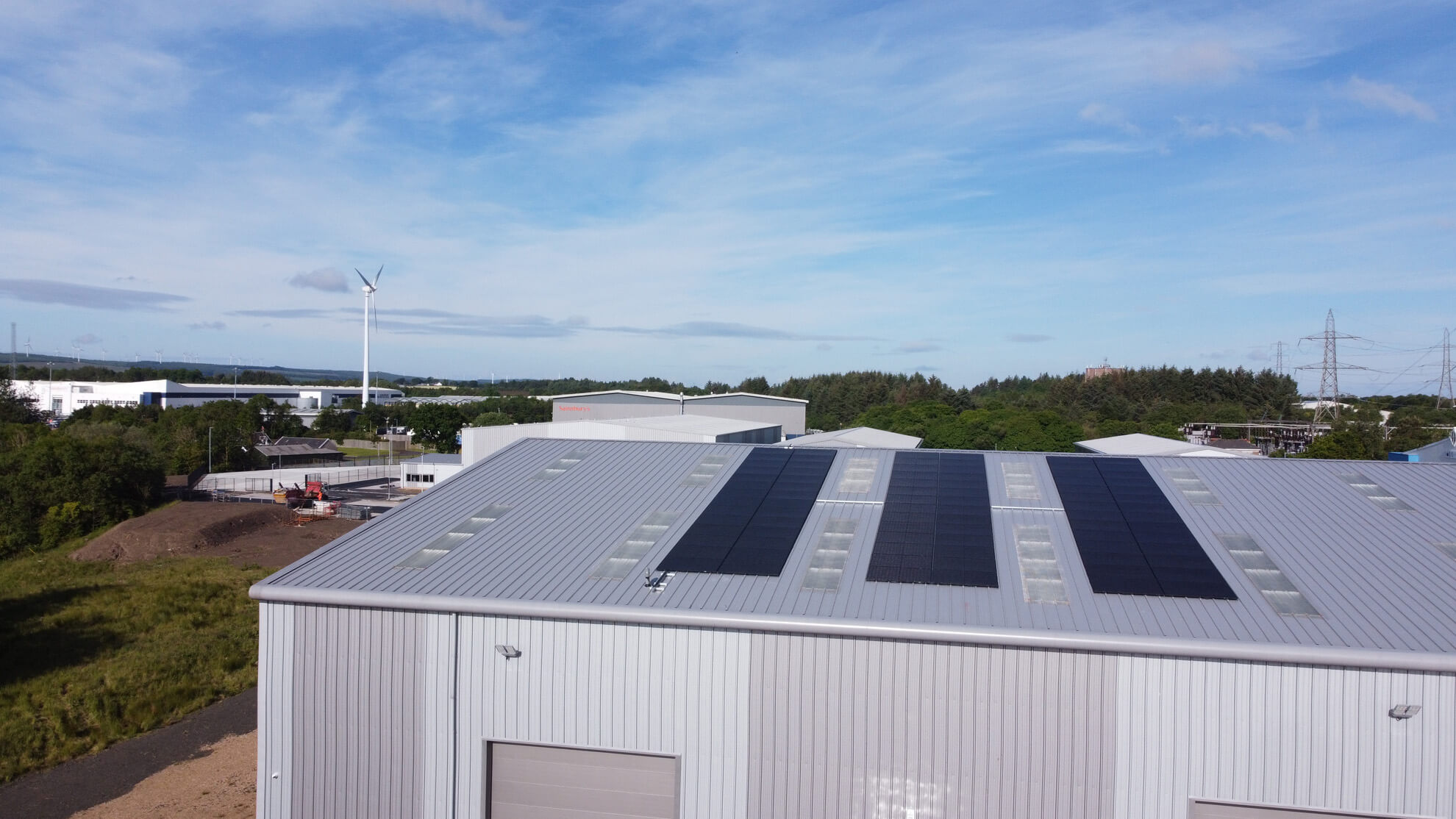
 Renewable Energy Specialists
Renewable Energy Specialists